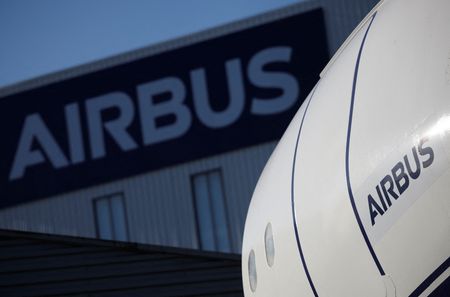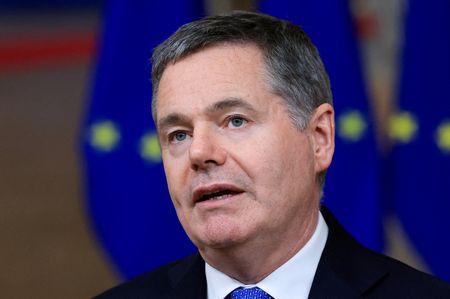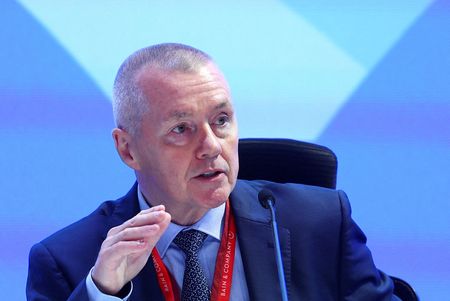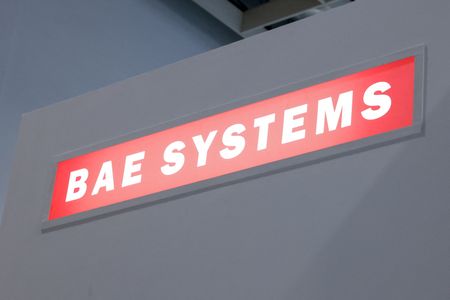By Tim Hepher
PARIS (Reuters) -Airbus said on Friday it is delaying plans to develop a hydrogen-powered commercial aircraft by the middle of next decade, citing slower than expected developments in technology.
The delay marks a setback to the European aerospace group’s ambitions to pioneer the adoption of hydrogen fuel as aviation strives to curtail emissions, a goal strongly championed by CEO Guillaume Faury since it was first introduced five years ago.
Airbus did not give a new timeline for the project, but the Force Ouvriere union said that staff had been told earlier this week that the technology was running five to 10 years behind the pace needed to support the original 2035 target.
The delay was first reported by French news agency AFP.
“Hydrogen has the potential to be a transformative energy source for aviation,” Airbus said in an emailed statement.
“However, we recognise that developing a hydrogen ecosystem – including infrastructure, production, distribution and regulatory frameworks – is a huge challenge requiring global collaboration and investment.”
Airbus officials have acknowledged the plan to produce a hydrogen-powered plane – most likely a turboprop – for 100 people was only ever expected to make a marginal contribution to the sector’s goal to reach net zero emissions by 2050, but argued it would pave the way for greater adoption in future.
The aviation industry is instead relying mainly on Sustainable Aviation Fuel (SAF) for its environmental efforts, while arguing that supplies from energy firms remain scarce.
Analysts have also credited the eye-catching project with helping to allay political concerns over the impact of aviation on emissions in some European countries, while unlocking much-needed funding for the sector during the COVID-19 crisis.
Airbus’ Faury has consistently maintained, however, that hydrogen will work its way into the aviation ecosystem in some form in coming decades and that Europe should take a lead.
The initiative contrasts with a more sceptical approach from Boeing, which voiced concerns about safety implications and technical readiness at last year’s Farnborough Airshow.
Some environmental groups argue hydrogen would still come at an environmental cost because of the energy used to produce it.
The decision to suspend the hydrogen project, dubbed ZEROe, comes a week after Airbus Helicopters scrapped plans to build an urban mobility vehicle called CityAirbus NextGen due to uncertainty over developments in battery technology.
(Reporting by Tim Hepher; Editing by Susan Fenton and Nick Zieminski)










